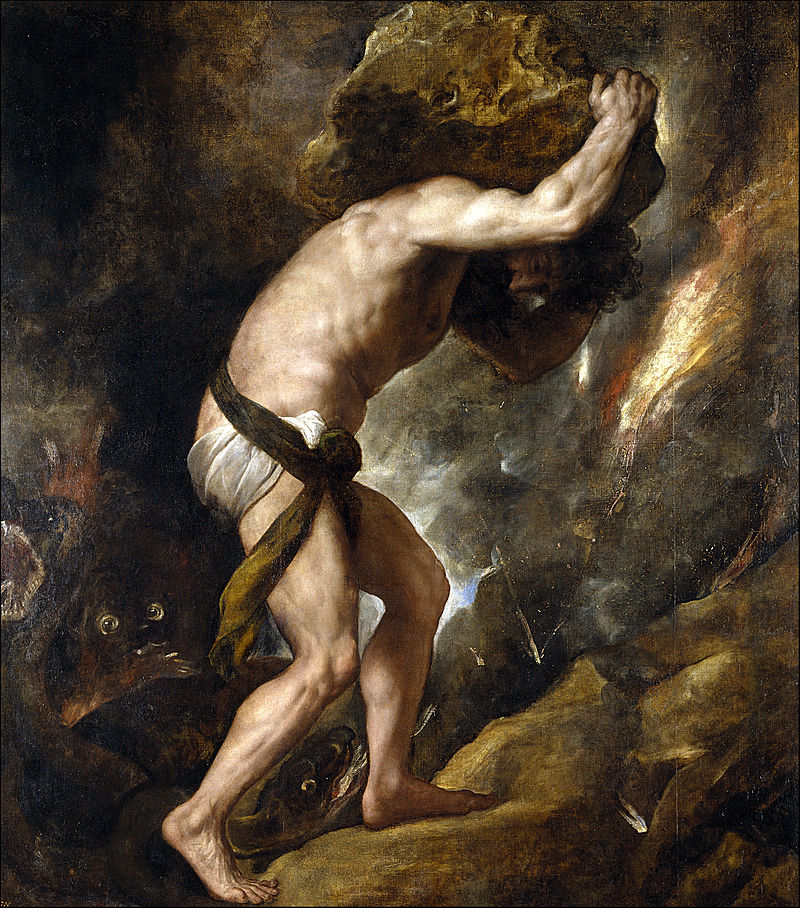How to Live in Alignment with Your Gifts
This is part three of a three-part series on how to uncover, nurture, and live out your unique strengths, or gifts*. You can start at the beginning here: How to Begin Uncovering your Gifts.

One reason that so many people fail to live in alignment with their gifts (and by gifts, I mean those innate strengths within them that come fairly naturally) is that our culture doesn't teach us to care about them very much. Tom Rath writes in StrengthsFinder 2.0
We've bought into this idea that the true victory is to overcome what we're not good at.
Most of us spend our time focused on our weaknesses - those low grades, low sales, or poor performance reviews. We fixate on those things naturally, because to our reptilian brains, they're a threat to our well-being.
Can you imagine what it would be like to focus some of that energy on what we're good at instead?

Can you imagine flowing with and nurturing your innate talents? Your career could take off! You could feel more aligned with the best version of yourself, and you'd finally be able to flow in your life instead of feeling like Sisyphus, constantly struggling against an impossible task. The people that you admire, the ones living lives that you might want to emulate, almost certainly live in alignment with their unique gifts. They're not trying to beat the weakness out of them - they don't have time for that. We're all drawn to people who are authentic and comfortable with who they are, and those people know and love their strengths.
Now, this doesn't mean you should put blinders on so that you never see your weaknesses.
People who are authentic and living out their gifts? Awesome. People who think they're good at everything and won't hear otherwise? So annoying. Living in alignment with your natural abilities means that you know what they are and you know what they're not. It means that you celebrate what comes easily to you and you humbly admit that other things are much more difficult. Your primary focus remains on what's flowing in your life, but you do spend time working on those "opportunities for growth" (that's HR-speak for "things you're not very good at").
Working on something that's difficult for you, let's say it's time management, is very different depending on whether you're looking at it through a weakness-based lens or a strengths-based lens. It's:
"Well, I did it again - I was late to another meeting. I've got to get better at that, or else I'm never going to make partner. I should sign up for a class or something. I should get a better watch. I should pinch myself every time I'm late or something..."
versus:
"Wow, that meeting went really well. It felt like people were really resonating with my ideas. I wish I had given myself more time to get there, though - starting off frazzled like that wasn't ideal. I'm gonna talk to my mentor about ideas for keeping better track of time."
You can't be good at everything, so why not be good at what you're already good at?
Instead of ignoring your natural abilities because they aren't what you wish they were, consider focusing on them and giving them more room in your life. Remember the adage, "What we focus on expands." Focusing on our unique gifts instead of what we're not so good at makes us more expansive, more authentic, and better able to feel the way we want to feel in our lives. I have three ideas for how to live in better alignment with your gifts:

First, let yourself be found. In part two of this series, How to Nurture Your Gifts, I quoted the beloved poet, Rumi: "What you seek is seeking you." This would imply that something wants to find you, right? The poet David Whyte echoes this sentiment in The Three Marriages
In other words, finding and creating a career that you love is a two-way street. It's not all up to you. I believe, and I know lots of others believe, that there's something purposeful out there that has big ideas for how to use your gifts. Even if you're not sure where your path is leading, just begin to pretend that you know - make yourself findable. If you believe that cooking is one of your gifts and think you might want to be a chef, watch cooking shows, buy an apron you love, or take a class. If you think you want to be a race car driver...just kidding, I have no idea what you would do with that, but I support you exploring that dream!
Second, commit to your gifts and the work that will come out of them. Committing to our work is a million times easier when it's work that is in alignment with our natural abilities. Anyone who has tried to force a job that they hate knows this. Whyte writes, "A real work, like a real love, takes not only passion but a certain daily, obsessive, tenacious, illogical form of insanity to keep it alive...Like a love, or a sense of our selves, we can nibble and negotiate at the edges but the central core of the relationship is actually nonnegotiable."
To live a life that has flow and rhythm and is the best and highest use of your gifts, you have to commit to the work you're here to do like you would another person. Your work is bigger than your job title or whatever you majored in in college - it's the stuff that you're bringing into the world, and if you let it, it will stay with you no matter which organization you're working in or which client is in front of you.
Finally, stay open to how your gifts will evolve. Our gifts, whether they're the ability to compose music, cook amazing food, or lead effective teams, will look different throughout our lives. People who are doing the work of discovering and bringing to life their unique strengths enter a cyclical process of refinement - it's a journey of finding the gifts, nurturing them, living them out, sloughing off what's not working, and starting again. My professional journey certainly hasn't been linear, but my gifts have been themes throughout, and slowly but surely, I'm finding more refined ways to share them with the world.
I hope this series has encouraged you to make space in your life for the innate giftedness that's within you.
I want to leave you with a quote I included in the first post of this series, one that I love from Elizabeth Gilbert's book, Big Magic
"And you have treasures hidden within you-extraordinary treasures-and so do I, and so does everyone around us. And bringing those treasures to light takes work and faith and focus and courage and hours of devotion, and the clock is ticking, and the world is spinning, and we simply do not have time anymore to think so small."
*If this topic resonates with you and you're in the Portland area, you might check out a workshop that I'm co-facilitating in February called The Career Jumpstart Workshop. In it, we'll be exploring this topic in much more detail.
